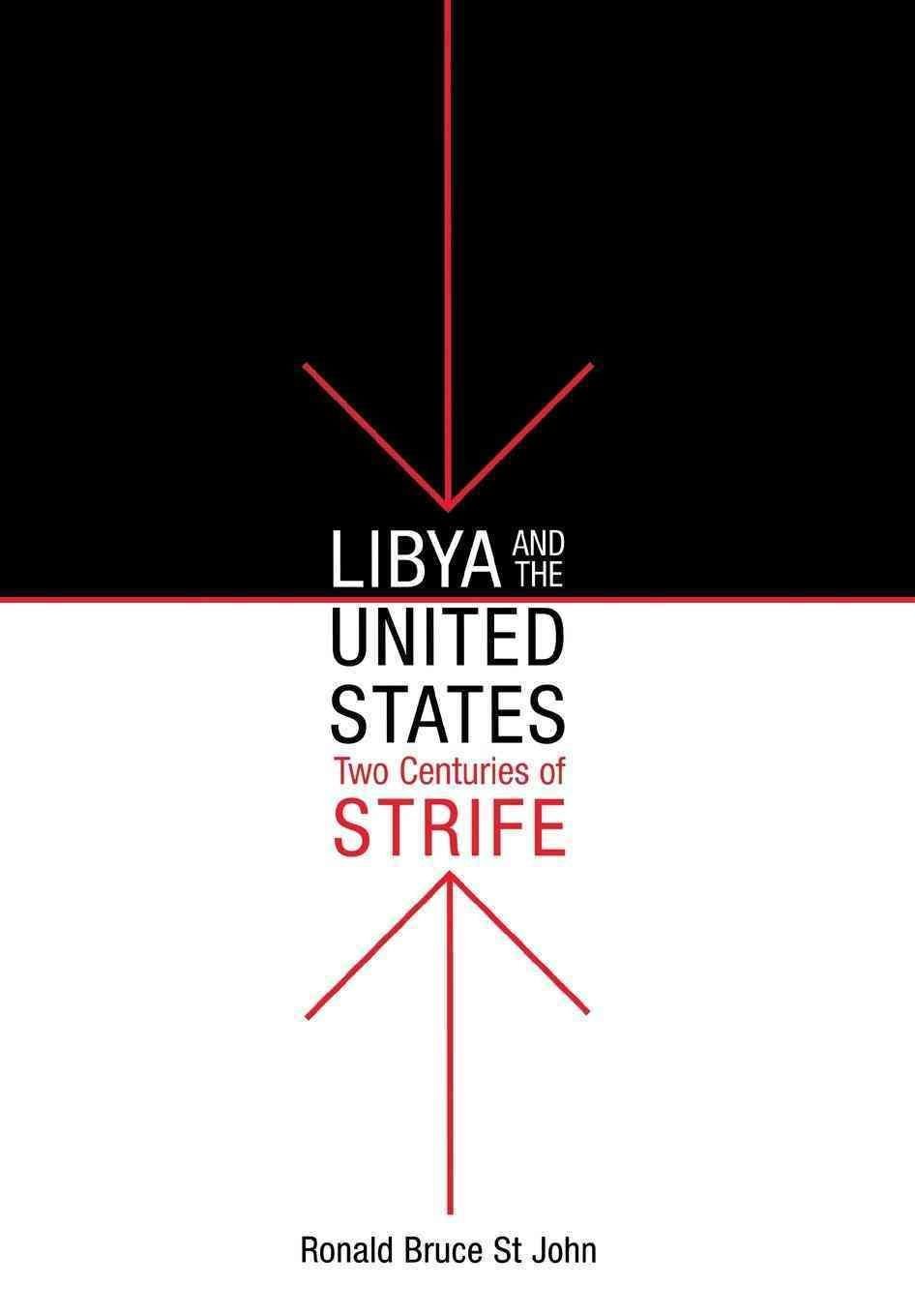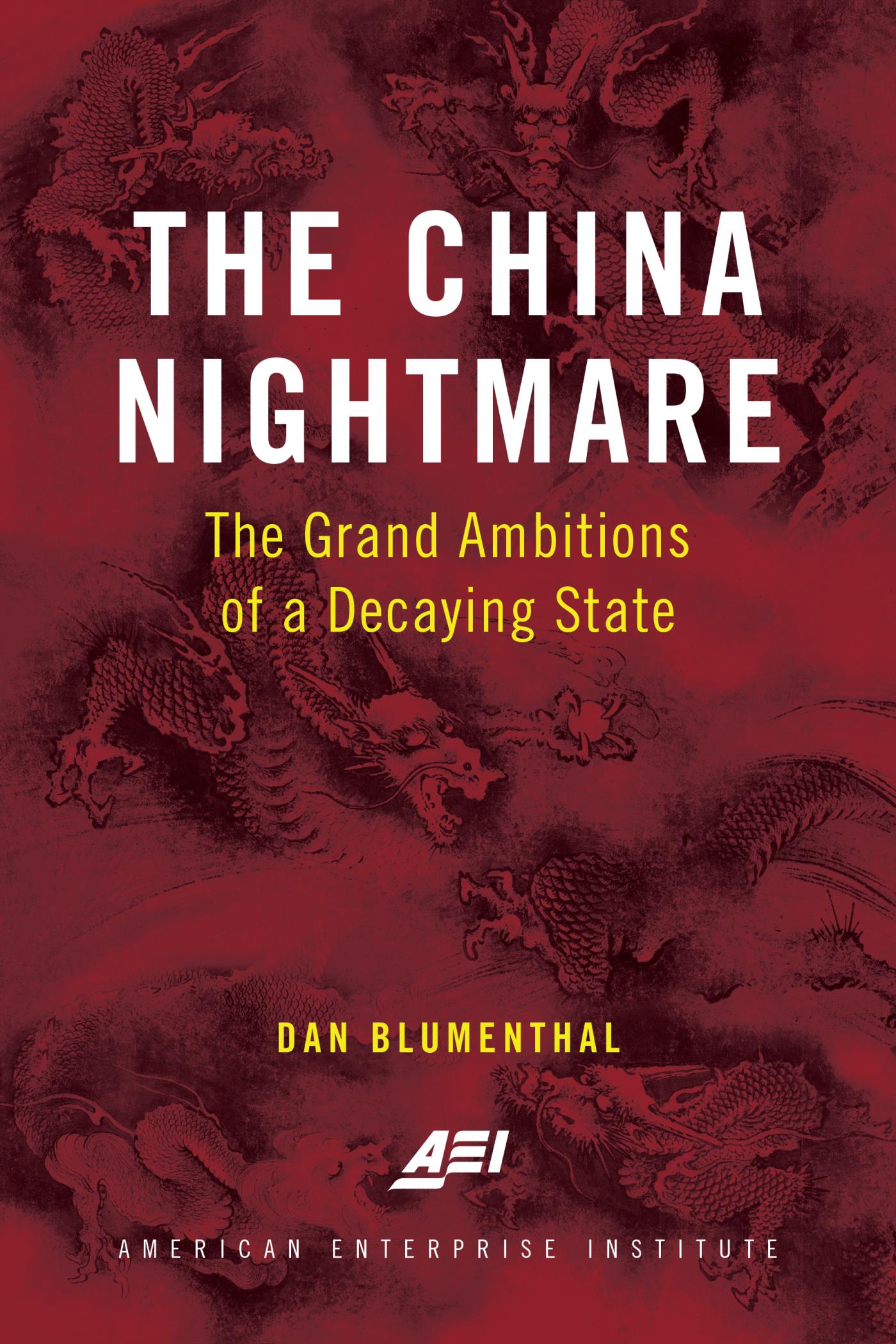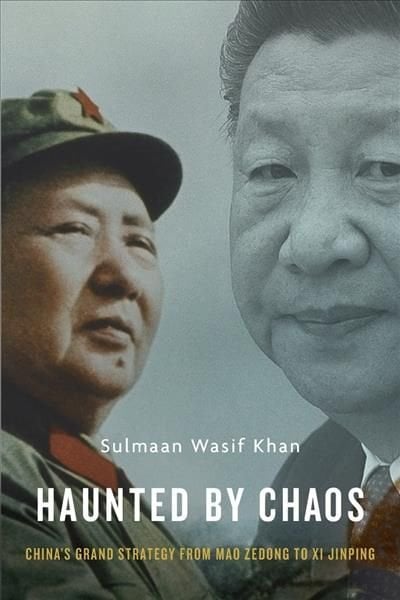Diplomatic relations between the United States and Libya have rarely followed a smooth path. Washington has repeatedly tried and failed to mediate lasting solutions, to prevent recurrent crises, and to secure its own national interests in a region of increasing importance to the United States. Libya and the United States, Two Centuries of Strife provides a unique and up-to-date analysis of U.S.-Libyan relations, assessing within the framework of conventional historical narrative the interaction of the governments and peoples of Libya and the United States over the past two centuries. Drawing on a wide range of new and unfamiliar material, Ronald Bruce St John, an expert with over thirty years of experience in international relations, charts the instances of ignorance, misunderstanding, treachery, and suffering on both sides that have shaped and limited commercial and diplomatic intercourse. St John argues that Cold War strategies resulted in a paradoxical and ambiguous U.S. policy toward Libya during the Idris regime of the 1960s, strategies that contributed to the bankruptcy of that monarchy. Following the Libyan revolution, the U.S. wrongly believed Qaddafi would become an ally in support of U.S. policy to keep Soviet influence and communism out of the region; his failure to do so marked the beginning of an era of political tension and mutual distrust. Libya and the United States, Two Centuries of Strife documents how long-standing policy differences over the Palestinian issue and such terrorist acts as the destruction of the U.S. embassy in Tripoli and the Pan Am explosion over Lockerbie in 1988 resulted in a sharp deterioration of relations. St John contends that the ensuing demonization of Libya and the U.S. policy of confrontation, which has spanned successive administrations in Washington, have ironically often not served American interests in the region but, rather, have facilitated Qaddafi’s survival.












